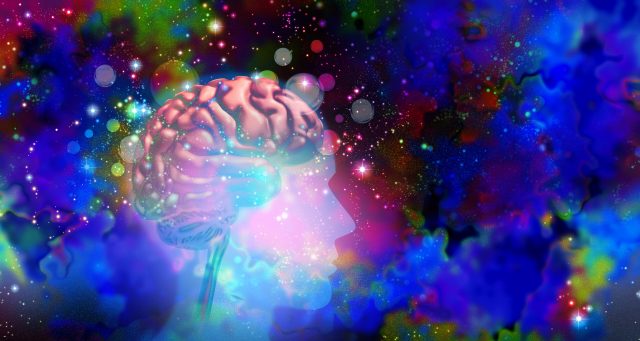Course Summary
Hallucinogens are a diverse group of chemical compounds that cause alterations in perception, thought, or mood. This heterogeneous group consists of compounds with different chemical structures, mechanisms of action, and adverse effects. Despite their description, most hallucinogens do not consistently cause hallucinations. The drugs are more likely to cause changes in mood or in thought than actual hallucinations. Hallucinogenic substances that form naturally have been used worldwide for millennia to induce altered states for religious or ceremonial purposes. While these practices still exist, the more common use today involves the recreational use of synthetic hallucinogens.
Course Format
Homestudy
Course Syllabus
- Introduction
- History of Hallucinogen Drug Use
- Categorizing Hallucinogenic Substances
- Lysergamides
- Indolealkylamines
- Phenylethylamines
- Hallucinogenic Amphetamines
- Hallucinogenic Designer Drugs
- Piperidines
- Cannabinoids and Synthetic Cannabinoids
- Other Hallucinogens
- Epidemiology of Hallucinogen Use
- International Estimates of Drug Use
- Morbidity and Mortality
- Hallucinogen Use and Clinical Presentation
- Physical Examination
- Laboratory Studies
- Medical Management: Hallucinogen Toxicity
- Consultations
- Pharmacotherapy
- Medical and Psychiatric Complications
- Patient Education
- Case Studies: LSD Overdose in Adolescence and Pregnancy
- LSD Overdose in an Adolescent
- LSD Overdose in Pregnancy
- A Current Review of Psychedelic Drug Use
- Summary
Authors
Noah H. Carpenter, MD
Dr. Noah Carpenter is a Thoracic and Peripheral Vascular Surgeon. He completed his Bachelor of Science in chemistry and medical school and training at the University of Manitoba. Dr. Carpenter completed surgical residency and fellowship at the University of Edmonton and Affiliated Hospitals in Edmonton, Alberta, and an additional Adult Cardiovascular and Thoracic Surgery fellowship at the University of Edinburgh, Scotland. He has specialized in microsurgical techniques, vascular endoscopy, laser and laparoscopic surgery in Brandon, Manitoba and Vancouver, British Columbia, Canada and in Colorado, Texas, and California. Dr. Carpenter has an Honorary Doctorate of Law from the University of Calgary, and was appointed a Citizen Ambassador to China, and has served as a member of the Indigenous Physicians Association of Canada, the Canadian College of Health Service Executives, the Science Institute of the Northwest Territories, Canada Science Council, and the International Society of Endovascular Surgeons, among others. He has been an inspiration to youth, motivating them to understand the importance of achieving higher education.
Richard Daniels, PharmD, BCPS
Richard “Cole” Daniels earned his Doctor of Pharmacy(PharmD) from the Skaggs School of Pharmacy at the University of Montana in 2018. Throughout pharmacy school he completed a 3-year internship at Community Medical Center in Missoula, Montana in which he gained valuable experience in an acute care setting. Cole currently serves as a psychiatric clinical staff pharmacist at the Montana State Hospital. He has over 11 years of pharmacy experience having worked in several settings including retail, acute care, and inpatient psychiatric care. Cole has a diverse set of interests. However, acute care medicine, infectious disease, pain management, and asthma/COPD are a primary focus of his at the Montana State Hospital. He obtained board certification as a certified pharmacotherapy specialist in the Spring of 2022.


